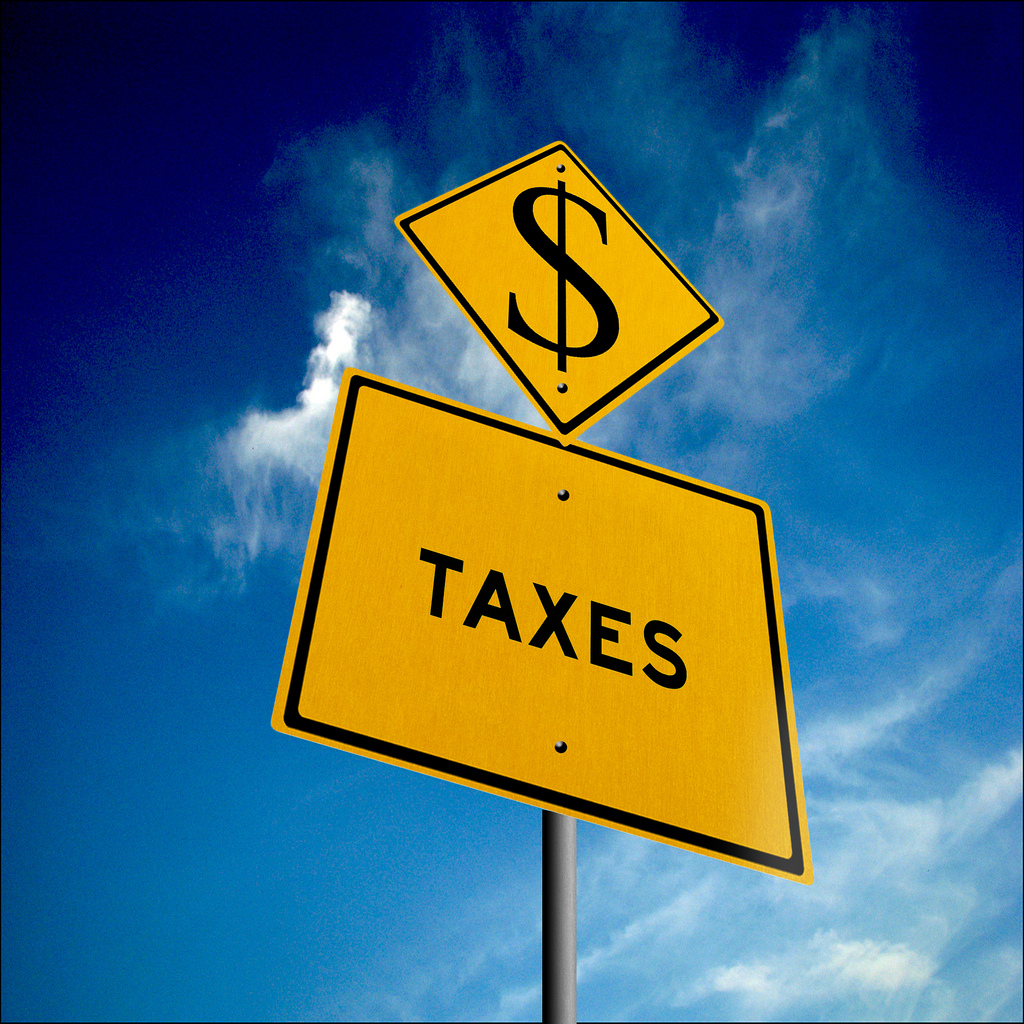Apple’s (AAPL) Foreign Taxes Could Be Covered By U.S. Taxpayers
Although Apple will end up paying a $14.5 billion bill to Irish tax authorities, it could be U.S. tax payers that end up actually footing it.
“It’s extremely possible the US taxpayer will have to pay this bill,” says Stuart Gibson, a former government tax official who’s now editor of Tax Notes International.
“For every dollar in tax Apple has to repay in Ireland, they may get to reduce their US tax bill by $1.”
European authorities will force Apple to pay taxes in Ireland at the higher rate other companies pay and the total is a whopping $14.5 billion.
How is it that U.S. tax payers may end up covering this bill for the tech giant? A provision known as the foreign tax credit.
This is how it works: under the US code, American companies doing business in foreign countries pay tax in the US as well as where they earn the revenue being taxed. For companies to not be taxed twice, they can earn a 1-for-1 credit on their US tax bill for taxes paid overseas.
So if Apple paid $14.5 billion in taxes to Ireland for this year, but its tax liability to the U.S. was $40 billion, the company would be able to reduce its US income tax by the amount of taxes it paid to Ireland leaving it with only $25.5 billion in US taxes.
It seems as though it’s always a little easier for big wealthy companies to get nice tax breaks.
Disclaimer: We have no position in Apple Inc. (NASDAQ: AAPL) and have not been compensated for this article.


